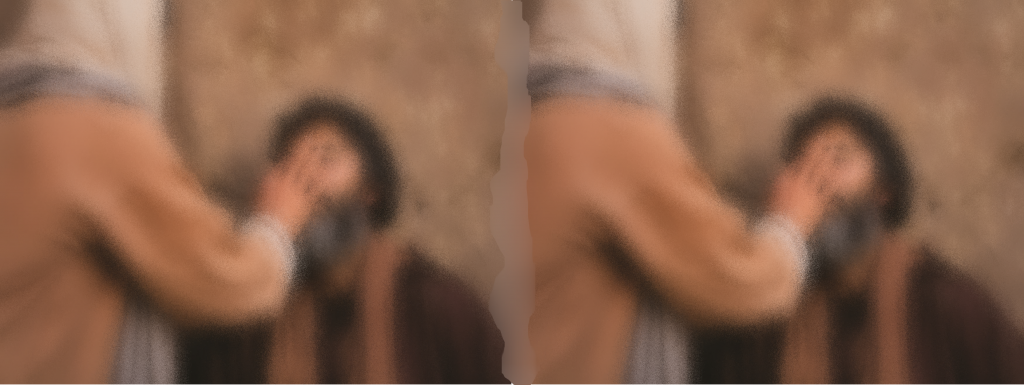Mark 11:12-14,20-21

It was first thing in the morning and Jesus, along with his disciples, was walking the short distance to the Jerusalem temple. Jesus was hungry when he approached a fig tree that was covered in leaves. When he got to it he couldn’t find any figs. He then spoke to the tree saying, ‘May no one ever eat fruit from you again.’ v14 This was overheard by the disciples. The next morning, they all repeated the walk and in 24 hours the previously vigorous tree had withered from the roots up. Peter pointed it out to Jesus with the words, ‘Rabbi, look! The fig tree you cursed has withered!’ v21
What is going on here? Has Jesus cracked under pressure and taken his frustration and temper out on a harmless tree out of hunger and spite? Is Jesus showing off and showing his power over nature in some form of ego trip? Could it be that Jesus had a passionate love of figs and couldn’t control his disappointment? The answer to all those questions is no. Jesus has not started to behave like a young boy who breaks plants with a stick as he walks past careless of growing things.
What is happening is highly symbolic and carefully positioned in the narrative. Fig trees in the Jerusalem area usually start to show leaves in March and April with figs starting to grow in June when the tree is in full leaf. This tree was exceptional in that it was already in full leaf at Passover and therefore should have already started to produce figs.
Fig trees in the Old Testament are symbolic of Israel. (Jeremiah 8:13, Hosea 9:10, Joel 1:7) The absence of figs on the tree symbolizes the hypocrisy of those who appear to be bearing fruit but in actuality are not. ‘When would I gather them, declares the Lord, there are no grapes on the vine, no figs on the fig tree … and what I gave them has passed away from them. Jeremiah 8:13 The next act of Jesus is to clear the temple of all those who are profiteering at the expense of those who have arrived to worship God. They are the very people who should be guiding and leading the people in worship and Godly ways but were in fact turning the temple into a, ‘den of robbers’.
Jeremiah’s condemnation of the outcome of Judah’s spiritual leaders was devastating and in Jesus’ ‘curse’ of the fig tree he was accusing the leadership of his time of exactly the same false corrupt priesthood.
‘Why then have these people turned away? Why does Jerusalem always turn away?
They cling to deceit; they refuse to return. I have listened attentively, but they do not say what is right. None of them repent of their wickedness, saying, “What have I done? Each pursues their own course like a horse charging into battle …. The wise men shall be put to shame; they shall be dismayed and taken; behold, they have rejected the word of the Lord, so what wisdom is in them?’ Jeremiah 7:5-6,9
The fig tree, withered from the roots up, stands for the judgment about to come on Israel for the failures of the leadership and the people as a whole to bear the fruit that was intended to show the righteous character of God to the world. Jesus was providing a narrative through actions not words.
How does this apply to a contemporary setting? The modern universal church are the people of God tasked with the same responsibilities to show to the world the righteousness of God through Jesus Christ. This includes living in community, worshiping and serving, bringing the gospel to the world making and baptising disciples. The leadership of the church along with the body of the church all have responsibilities in this calling. The church is intended to be a fruitful people in its private and public life. The fig tree withered from its roots up. Our roots as the church are intended to be deeply imbedded in Christ’s sacrifice and resurrected life received by faith through grace. We are meant to draw our life giving strength from the Holy Spirit and the word of God.
The church should pay heed to Christ’s words to the church of Sardis and be careful not to slip into unfruitfulness. ‘I know your deeds; you have the reputation of being alive, but you are dead. Wake up! Strengthen what remains and is about to die, for I have found your deeds unfinished in the sight of my God. Remember, therefore, what you have received and heard; hold it fast, and repent.’ Revelation 3.2-3
How are we drawing on the life of Christ in our lives.
An Easter Hallelujah – Cassandra Star & her sister Callahan




